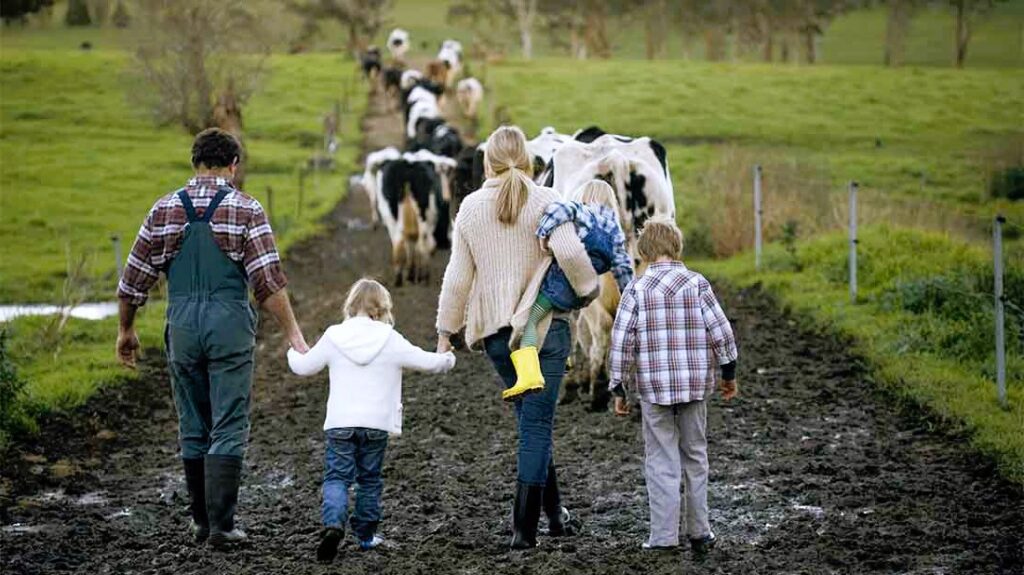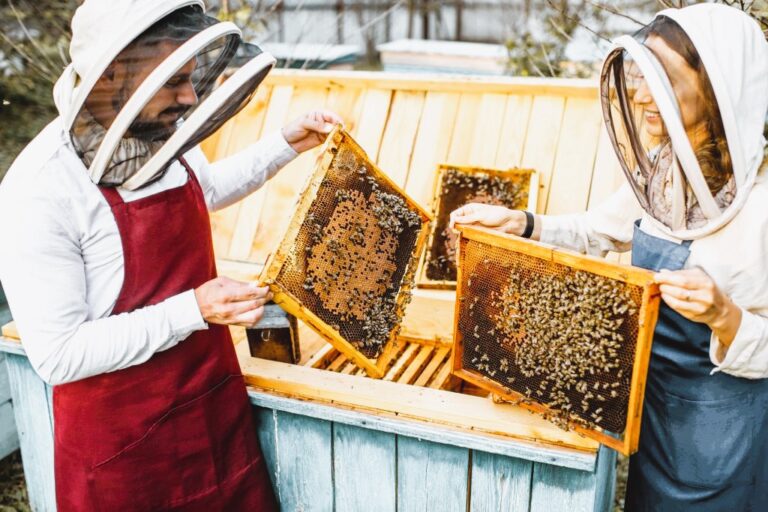Owning and managing a private farmstead can be a deeply fulfilling endeavor. The allure of peaceful countryside living, the joy of nurturing the land, and the satisfaction of producing food and resources make farm life a dream for many. However, maintaining a successful and thriving private farm requires dedication, knowledge, and a deep connection with the land. In this article, we will explore essential tips for farm care, empowering farmers to nurture their private farmsteads and create sustainable and productive havens.
1. Know Your Land
Understanding the unique characteristics of your land is paramount to successful farm management. Conduct a thorough analysis of the soil quality, drainage, and topography to determine the best areas for planting crops and raising livestock. Different crops thrive in different conditions, and choosing the right location for each will optimize yields and reduce potential issues.
Moreover, being aware of the microclimates on your farm can help you make informed decisions about crop rotations and planting schedules. A well-informed farmer can adapt and capitalize on the strengths and challenges of their land.
2. Embrace Sustainable Practices

Sustainability is a cornerstone of responsible farming. Implementing eco-friendly practices not only benefits the environment but also contributes to the long-term viability of your farm. Consider adopting techniques such as crop rotation, cover cropping, and integrated pest management to maintain soil health and reduce reliance on chemical inputs.
Water conservation is also crucial, especially in regions prone to droughts. Implementing water-efficient irrigation systems and capturing rainwater can help ensure that your farm remains resilient during dry spells. What are the benefits of living on a farm? More details in our article.
3. Prioritize Crop Diversity
Diversifying your crops is a smart strategy for private farmers. By planting a variety of crops, you spread the risks associated with weather fluctuations and market demands. Additionally, crop diversity enhances soil health, reduces the likelihood of pest infestations, and provides a more balanced and nutritious diet for your livestock.
Investigate the suitability of various crops for your climate and soil type, and aim to strike a balance between cash crops and those for personal consumption or local sales.
4. Caring for Livestock
If your private farmstead includes livestock, proper care and management are essential for their well-being and productivity. Provide adequate shelter, clean water, and a balanced diet to ensure the health of your animals. Regular veterinary care and vaccinations are crucial for disease prevention and early detection.
Furthermore, consider rotational grazing practices to prevent overgrazing and maintain pasture health. Happy and healthy animals lead to improved quality products and contribute to the overall harmony of your farm.
5. Invest in Farm Infrastructure
Investing in the right infrastructure can significantly enhance the efficiency and functionality of your private farmstead. Consider building sturdy barns and sheds to protect your equipment, livestock, and harvested crops. An efficient irrigation system, quality fencing, and secure storage facilities are also vital investments for any private farmer.
Remember that well-maintained infrastructure contributes to the long-term sustainability of your farm, reducing the likelihood of preventable losses and ensuring smoother operations.
6. Continuously Educate Yourself
Farming is a lifelong learning journey. Stay abreast of the latest agricultural research, techniques, and innovations. Attend workshops, seminars, and conferences to network with fellow farmers and industry experts. Engage in online forums or join local farming associations to exchange knowledge and experiences.
Continuous education not only enhances your skills but also helps you adapt to evolving challenges and opportunities in the agricultural sector.
7. Weathering the Storm: Be Prepared
Farming is inherently susceptible to weather-related challenges. Unpredictable weather patterns can cause severe damage to crops and infrastructure. Be prepared for adverse weather events by having contingency plans in place. Develop strategies for protecting your crops and livestock during storms, floods, or extreme temperatures.
Additionally, consider investing in crop insurance or other risk management tools to safeguard your investment in case of unexpected losses.
8. Build Strong Community Connections
Farming is not just a solitary pursuit; it thrives on community support. Establish strong connections with neighboring farmers, local markets, and agricultural organizations. Collaborate with others to share resources, knowledge, and marketing opportunities.
Participating in farmers’ markets, agricultural fairs, or community events not only promotes your farm products but also fosters a sense of camaraderie and belonging within the farming community.

9. Record Keeping and Financial Management
Maintaining accurate records of your farm activities and financial transactions is indispensable for effective farm management. Detailed records help you track expenses, assess profitability, and make informed decisions for future planning.
Modern farm management software and accounting tools can simplify this process, allowing you to focus on the day-to-day operations while maintaining a comprehensive overview of your farm’s financial health.
10. Take Time for Self-Care
Farming can be demanding, both physically and mentally. Don’t neglect your well-being in the pursuit of farm success. Schedule regular breaks to rest and recharge. Engage in hobbies or activities that bring you joy and relaxation. A refreshed and healthy farmer is better equipped to face the challenges and joys of farm life.
Conclusion
Nurturing a private farmstead requires a harmonious blend of knowledge, passion, and practicality. By understanding your land, embracing sustainable practices, prioritizing diversity, caring for livestock, and investing in farm infrastructure, you set a strong foundation for a thriving farm. Continuous learning, preparedness for adverse weather events, community engagement, and sound record-keeping further contribute to your farm’s success. Remember to balance hard work with self-care, creating a sustainable and fulfilling life on your private farmstead. (Links: Wikipedia – Agriculture)



